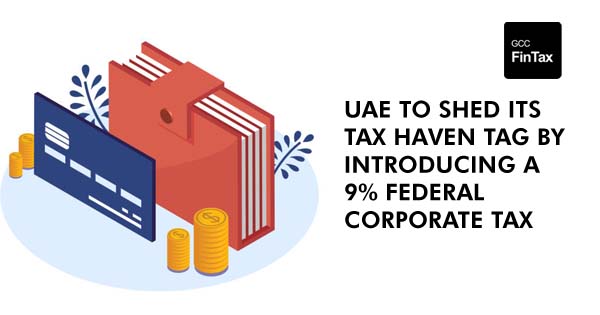
For the longest time, the UAE was well known for being one of the few countries with no corporate taxation system. This had led to UAE becoming the regional headquarters for a large swathe of the global multinational corporations. This was mainly due to the fact that that large multinational corporations have traditionally been taxed based on where they declare their profits instead of the region where they conduct their business. The negligible tax rates of the UAE had attracted many multinational corporations, making it the centre of business in the middle east.
But this method of governance was fast unravelling even before the pandemic struck. UAE government had introduced VAT in 2018. This is mainly due to the fact that all the countries in the middle east, especially UAE, are desperately trying to reduce dependence on crude oil and natural resource extraction. While the positive growth in the economy during the oil boom helped finance large scale construction and corporate benefits to pull the companies to set up their offices in UAE, the recent downturn in oil prices and a future where crude oil may run out, has made the governments in the region anxious to recalibrate their economic policies for the future.
Despite all this, the UAE government has tried to ease the tensions of the companies across the region by not implementing the corporate tax until June 1,2023. This will give ample time to the businesses to run their checks and balances and plan for the new policy. While global events may have accelerated UAE’s plans of a higher taxation from further on, the country still would implement one of the lowest corporate taxes. They will tax business profits over 375,000 AED ($102,000) at 9.0 percent. This is much lower than the local competitors like Qatar at 10% and Saudi Arabia at 20%. Besides this, there are no plans to introduce personal income tax or capital gains tax from real estate or other investments. Furthermore, the government has assured that the tax incentives in UAE’s free trade zone will remain in place.
According to Experts and Government officials, with the introduction of corporate tax, the UAE will affirm its commitment to meeting the international standards of tax transparency. It will not play part to shady tax evasion and would shed its tag of being a tax haven. This will help boost the investor confidence in the financial market of UAE, go a long way in cementing its position as the business centre of the Middle East and help in its transition from a crude reliant economy to a service-based economy